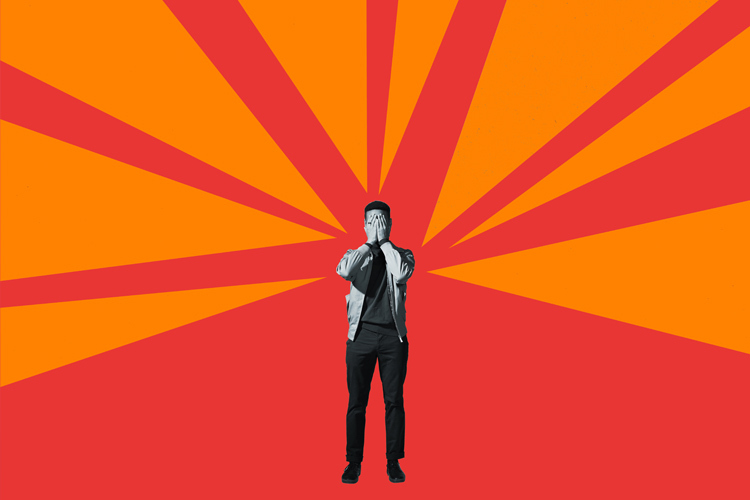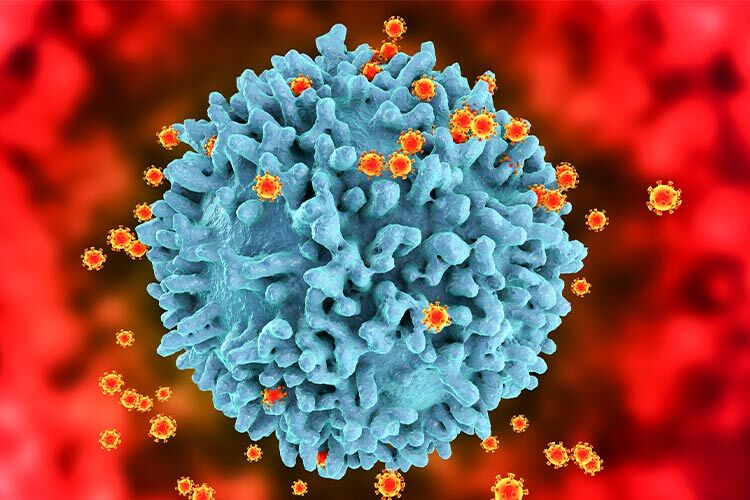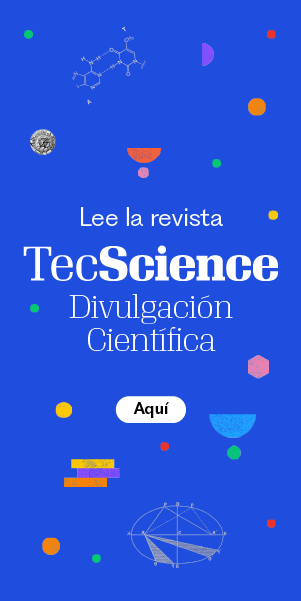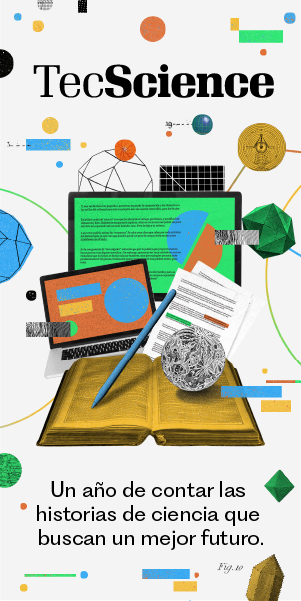If you’ve ever blown a dream job interview due to nerves or witnessed a sports failure during a critical moment, a new study sheds light on what happens in the brain when it “chokes” under pressure, which can even lead to underperform in these situations.
This phenomenon isn’t exclusive to humans in scenarios somewhat alike to taking exams, playing video games, competing in sports, solving puzzles, or delivering work under a deadline. According to research conducted by neuroscientists in Pittsburgh, Pennsylvania, it also occurs in some animals.
The team of experts studied rhesus monkeys as they performed tasks that involved moving a computer cursor over a clear target. They found that when the monkeys were shown a rare and exceptional reward, referred to as the “jackpot,” their motor performance declined.
When observing the monkeys, the scientists also noted that success was more frequent when the rewards were moderate or large, compared to small rewards. This behavioral improvement may reflect increased motivation to complete challenging tasks, according to the researchers.
Under Pressure and Motor Preparation
“We found that increases in reward drive neural activity during movement preparation into, and then past, a zone of optimal performance. We conclude that neural signals of reward and motor preparation interact in the motor cortex (MC) in a manner that can explain why we choke under pressure,” the study stated.
Motor preparation (the mental calculations and analysis that precede action) enhances the execution of fast, voluntary movements, like those performed by the animals in the study tasks.
“When ‘jackpot’ rewards were proffered, monkeys underperformed. This effect is choking under pressure, and it is characterized by an ‘inverted-U’ relationship between performance and reward,” the published work noted.
Out of three theories considered, the research team found the most evidence supporting the “neural bias” hypothesis. This proposes that when large rewards are offered, the patterns of neural activity affiliated with motor preparation are made more suitable for the behavioral goal, but that jackpot rewards somehow make neural activity less so.
Performance and Rewards Are Not Linear
The researchers explained that the inverted-U relationship seen in success rates can be explained by the tendency of increasing rewards to bias the patterns of neuronal activity. Initially, these patterns move closer to the optimal zone for movement preparation, but with extremely large rewards, they stray from that zone.
Reward information interacts with activity related to preparation in the motor cortex. Moderate amounts of reward improve motor performance by bringing neural activity closer to an optimal zone for reach preparation.
These findings help us understand how reward-outcome-mediated behaviour is not linear, added Bita Moghaddam, a behavioral neuroscientist at Oregon Health & Science University in Portland.
“You just don’t perform better as the reward increases,” Moghaddam told Nature, highlighting the lack of information and studies on other brain regions during tasks with large rewards, which could prove valuable for this research.
Did you find this story interesting? Would you like to publish it? Contact our content editor to learn more at marianaleonm@tec.mx
















